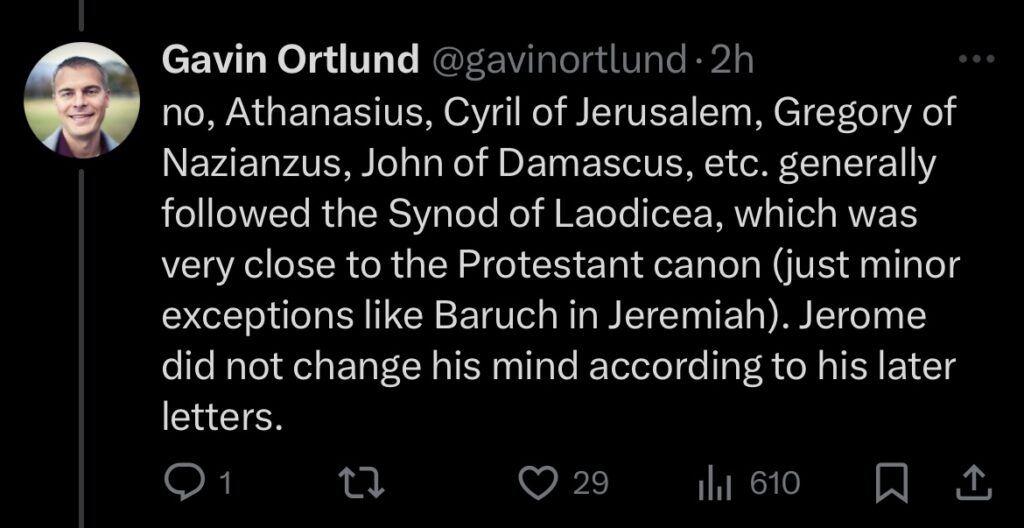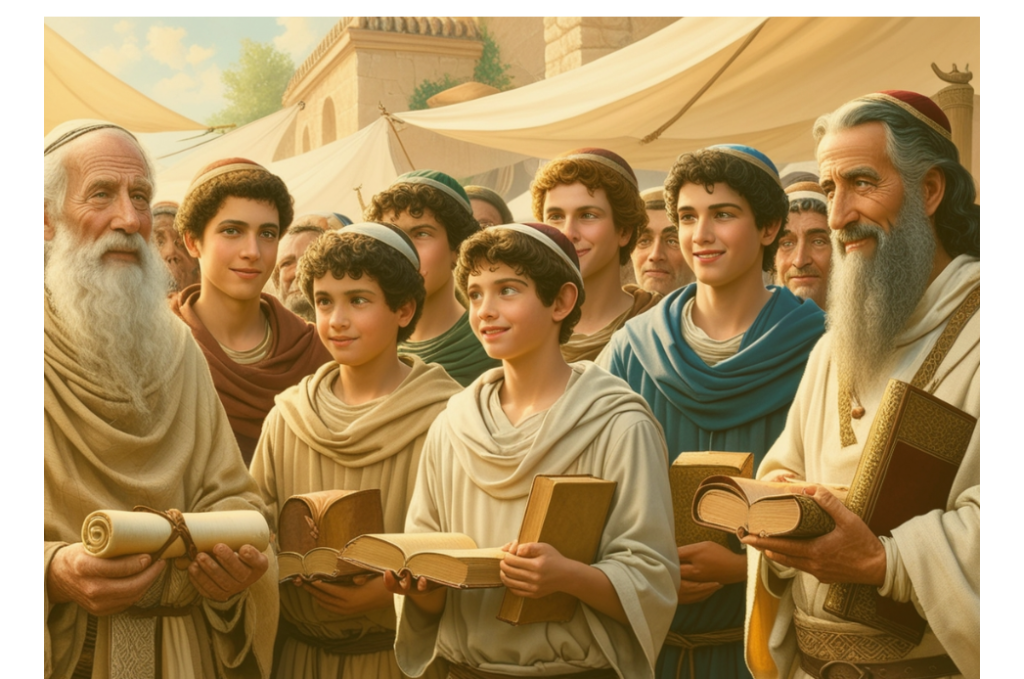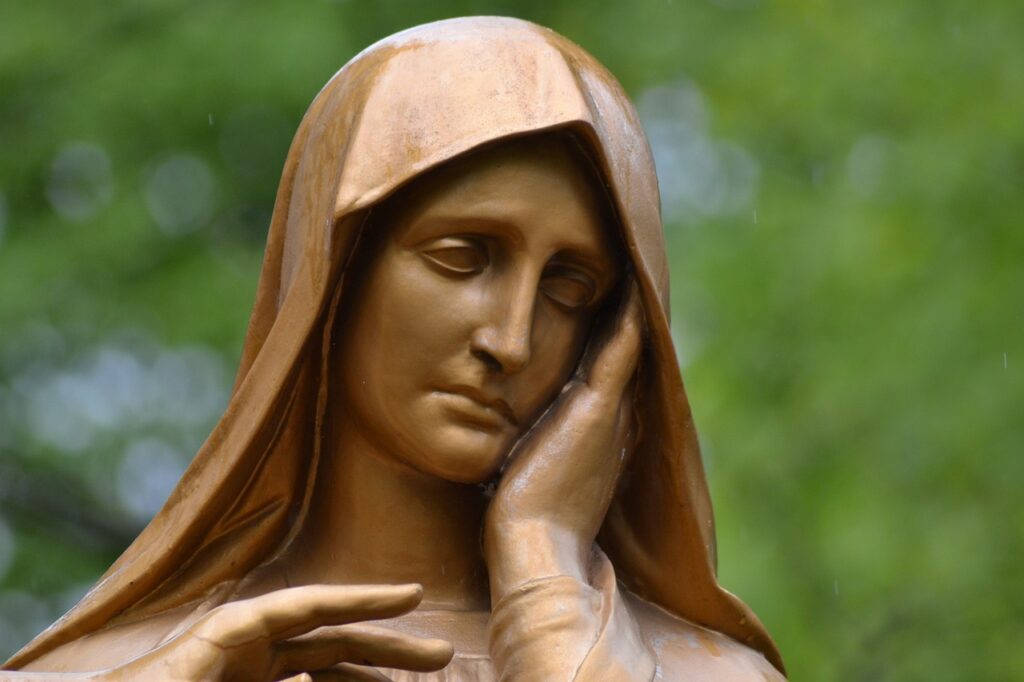Many Christians and Biblical scholars have challenged the notion of Catholicism’s “Sacred Tradition “ and brought forth compelling arguments from history to demonstrate that the earliest Christians held true that sacred scripture was the final authority.
The Evidence Goes Something Like This…
- Ambrose (340 -396), “How can we use those things which we do not find in the Holy Scriptures?” (Ambr. Offic., 1:23).
- Athanasius (300 -375) “The Holy Scriptures, given by inspiration of God, are of themselves sufficient toward the discovery of truth. (Orat. adv. Gent., ad cap.) The Catholic Christians will neither speak nor endure to hear anything in religion that is a stranger to Scripture; it being an evil heart of immodesty to speak those things which are not written,” (Athanasius, Exhort. ad Monachas).
- Augustine (354-430) “Whereas, therefore, in every question, which relates to life and conduct, not only teaching, but exhortation also is necessary; in order that by teaching we may know what is to be done, and by exhortation may be incited not to think it irksome to do what we already know is to be done; what more can I teach you, than what we read in the Apostle? For holy Scripture setteth a rule to our teaching, that we dare not “be wise more than it behoveth to be wise; but be wise, as himself saith, “unto soberness, according as unto each God hath allotted the measure of faith.”Be it not therefore for me to teach you any other thing, save to expound to you the words of the Teacher, and to treat of them as the Lord shall have given to me.”
- Clement of Alexandria (150?-213?), “They that are ready to spend their time in the best things will not give over seeking for truth until they have found the demonstration from the Scriptures themselves,” (Stromata 7:16:3).
Protestants will point to the quotes above and similar ones, to claim early Christians held to the belief of the Bible’s authority alone.
However, I think just one question, a very simple question, could indeed pose a challenge for this view by asking whether these early Church Fathers adhered to the Protestant canon.
What is the Protestant Doctrine?
Since the position is so disorganized, to put it simply, Protestants hold to the idea that the Bible alone, is the ultimate authority for faith and practice; if not that, then their position is “prima scriptura”, the idea that primarily scripture is the authority, but that authority can be supplemented by the influence of tradition alongside Scripture.
The big problem, though, is that Protestants believe only the 66 books they have available are inspired. There is a plethora of evidence for this throughout the Reformation and Martin Luther’s complaints against the Catholic Church, but simply going to any Protestant and asking whether or not they would agree that any other scriptures are divinely inspired would result in an answer that chains them to the Protestant canon…
The Question
Ultimately the question is: “If the early Church subscribed to the idea that only Scripture is inspired and authoritative, which scriptures were they referencing, and does it match the canon I have?”
This leads to a significant problem. To assert that the early Christian church supported “sola scriptura” or “prima scriptura” rests on the assumption that the correct canon was not established until the Reformation. Claiming that the early Church Fathers endorsed a position aligned with Protestant views becomes problematic when we realize that their canon included additional books not found in the Protestant Bible.
The closest approximation to the Protestant canon is found in Canon 60 of the Synod of Laodicea.
This canon differs from the Protestant canon by excluding the Book of Revelation while including Baruch.
Even Protestant apologist Gavin Ortlund acknowledges the historical fact that no early Christian community used the Protestant canon prior to the Reformation. He stated on Twitter, “Athanasius, Cyril of Jerusalem, Gregory of Nazianzus, John of Damascus, etc., generally followed the Synod of Laodicea, which was very close to the Protestant canon (with minor exceptions like Baruch in Jeremiah).”
Thank you, Gavin, for your honesty!

What We Must Accept to Have This View
In order to take this view, you must accept two positions:
The earliest Christian communities claimed that only Scripture was necessary; however, their canon was incorrect, and it took over a thousand years to arrive at the correct understanding of inspired Scripture.
Or
The earliest Christian communities, did indeed, make the claim that only scripture is necessary however… they used additional scripture, so we must change our thinking about what is and what isn’t divinely inspired scripture.
I don’t think Protestants would accept either of these positions when you showcase the absurdity of the original argument.
Conclusion
In summary, this argument reveals the inconsistencies in using the Church Fathers to support a Protestant interpretation of the primacy of Scripture.
History indicates that the early Church Fathers held a complex view, recognizing both Scripture and Tradition as integral to the Christian faith. While Scripture was central, Tradition played a crucial role in preserving and elucidating the teachings of the apostles. The development of these ideas continued over time, contributing to the formal doctrines of the Church regarding the relationship between Scripture and Tradition. Don’t take my word for it—research their teachings.
Lastly, it’s worth noting that not a single Christian community used the Protestant canon. For example, Melito of Sardis had a canon that excluded Esther. Another prominent Church Father often referenced by Christians is Jerome. Stay tuned for a forthcoming post on Jerome!



